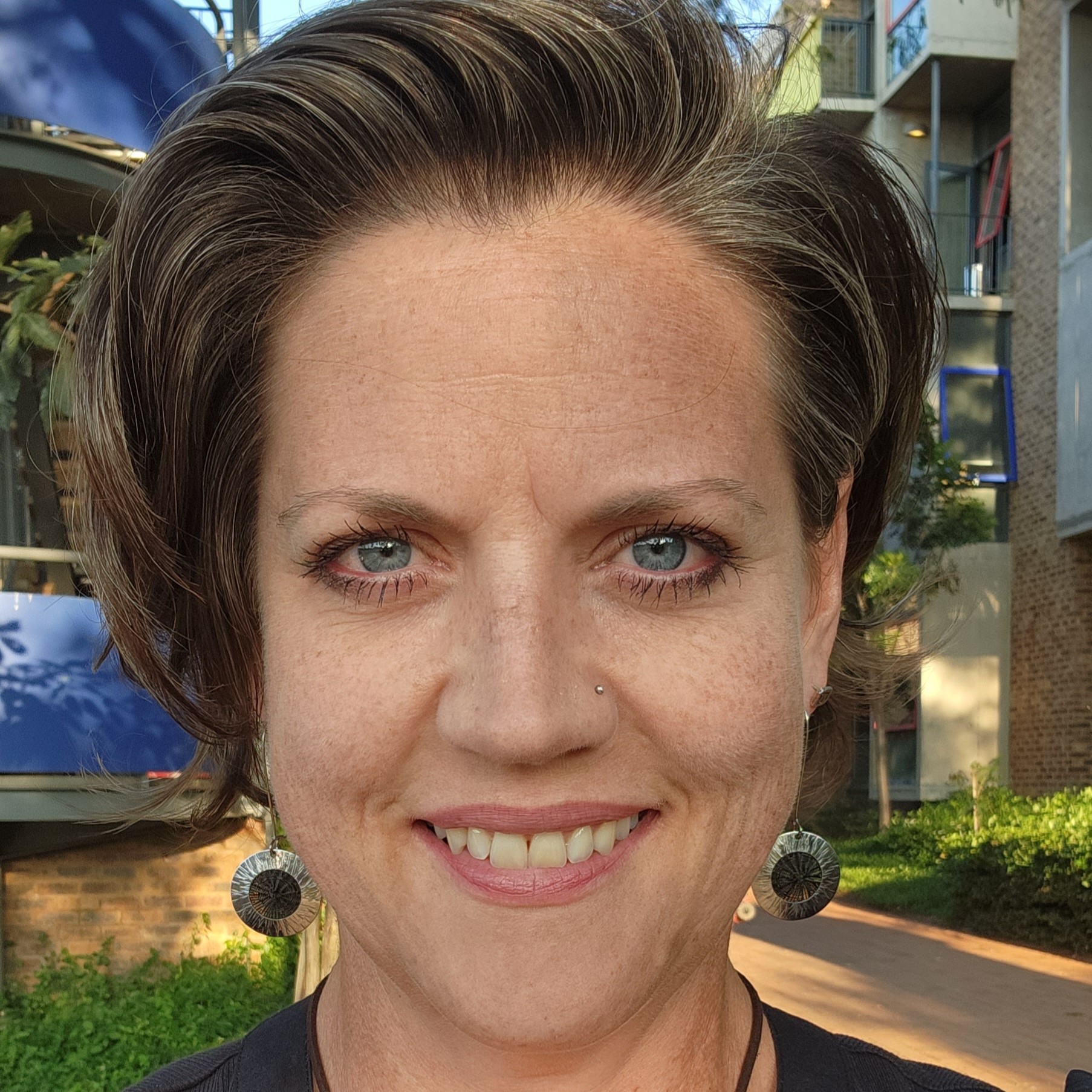|
|
| Multi-Tiered System of Supports (MTSS) Maximizes Differentiation Power for Culturally, Linguistically, Economically, and Neuro-Diverse Students |
| Sunday, May 26, 2024 |
| 11:00 AM–11:50 AM |
| Convention Center, 100 Level, 108 AB |
| 📺 Streaming Status: recording available |
| Area: PRA; Domain: Service Delivery |
| QABA/NASP CE Offered. CE Instructor: Trina Spencer, Ph.D. |
| Chair: Mychal Machado (University of Alaska Anchorage) |
| Presenting Authors: : TRINA SPENCER (University of Kansas) |
| Abstract: As more and more behavior analysts are practicing within school settings, it is critical for them to have a clear understanding of the current educational model. Most elementary schools in the U.S. and abroad have adopted a differentiation model of instruction, called Multi-Tiered System of Supports (MTSS). To a lesser extent, preschool and middle and high schools have also adopted MTSS models. In this model, different layers of instruction and interventions are layered for students to increase the intensity of supports as indicated by screening and progress monitoring data. Intensifying supports only for those who truly need them and irrespective of disability, all students receive the “just right” fit of interventions to excel in school. This also ensures that financial and personnel resources are committed to those who will benefit most from them. In this invited talk, Dr. Spencer will provide a tutorial on the key ingredients of MTSS, explicating the elements necessary for equitable implementation and impact. She will also report on several research applications with culturally and linguistically diverse students and students with disabilities. Drawing from her own research, Dr. Spencer will present several innovative assessments and intervention tools that ensure students are identified as at risk early and provided with sufficient supports to prevent worsening difficulties. |
| Instruction Level: Basic |
| Target Audience: N/A |
| Learning Objectives: At the conclusion of the presentation, participants will be able to: (1) Participants will list the key ingredients of MTSS; (2) Participants will describe how MTSS leads to more equitable instruction than the general/special education approach; (3) Participants will explain what a dynamic assessment is and how it differs from dynamically applied assessments; and (4) Participants will describe an intervention approach that allows for efficient differentiated intervention for diverse learners without additional effort. |
| |
| TRINA SPENCER (University of Kansas) |
 Dr. Spencer is a senior scientist and director of the Juniper Gardens Children’s Project at University of Kansas and holds faculty appointments in the Departments of Applied Behavioral Sciences, Speech-Language-Hearing Sciences, and Special Education. Drawing from speech-language pathology, applied linguistics, education, and behavior analysis, she concentrates her efforts on the oral academic language that serves as a foundation to the reading and writing of preK to 3rd grade students, with and without disabilities. She maintains a spirited research agenda that has yielded 64 peer review publications, 150 invited presentations, $15M in external funding, and several commercialized curricula, interventions, professional development systems, and assessment tools. Her multi-tiered interventions and assessment tools are used broadly in the United States, but also internationally. Dr. Spencer values researcher-practitioner partnerships, community engagement, and cross disciplinary collaborations to accomplish high impact and innovative applied research. Dr. Spencer is a senior scientist and director of the Juniper Gardens Children’s Project at University of Kansas and holds faculty appointments in the Departments of Applied Behavioral Sciences, Speech-Language-Hearing Sciences, and Special Education. Drawing from speech-language pathology, applied linguistics, education, and behavior analysis, she concentrates her efforts on the oral academic language that serves as a foundation to the reading and writing of preK to 3rd grade students, with and without disabilities. She maintains a spirited research agenda that has yielded 64 peer review publications, 150 invited presentations, $15M in external funding, and several commercialized curricula, interventions, professional development systems, and assessment tools. Her multi-tiered interventions and assessment tools are used broadly in the United States, but also internationally. Dr. Spencer values researcher-practitioner partnerships, community engagement, and cross disciplinary collaborations to accomplish high impact and innovative applied research. |
|
| |
| |
|
|
| Global Dissemination of Autism Treatment, a Cross-Cultural Comparison of Supervision Practices |
| Sunday, May 26, 2024 |
| 12:00 PM–12:50 PM |
| Marriott Downtown, Level 5, Grand Ballroom Salon H |
| 📺 Streaming Status: recording available |
| Area: PRA; Domain: Service Delivery |
| BACB CE Offered. CE Instructor: Paula Kenyon, Ph.D. |
| Chair: Thomas J. Waltz (Eastern Michigan University) |
| Presenting Authors: : PAULA KENYON (Northeastern University, Grupo Método & Jano Saúde) |
| Abstract: As Autism treatments based in Applied Behavior Analysis become widely spread and its results known to countries other than the United States, practitioners, families, and payors start seeking such treatments. In Brazil, practitioners seek training, however, the training mostly occurs via brief courses with no standardized curricula. A small number of specialization programs now offer a more structured curriculum, yet many professionals in Brazil travel to the United States to participate in short training and return advertising themselves as having expertise in specific techniques and practices within ABA without having the formal training required to be a BCBA. The best practices of supervision of an ABA-based program have not been directly trained in most Brazilian clinics, and we often observe supervisors with little to no actual relevant experience taking on roles they are not prepared to engage in. Resources to evaluate clinical competencies are in the beginning stages of being translated to Portuguese and adapted to Brazilian culture while a framework for addressing performance deficits of supervisees is being explored. Professional credentialing is under way, and we see a bright future for ABA services in Autism treatment in Brazil with some battles to win initially. |
| Instruction Level: Basic |
| Target Audience: Supervisors who provide ABA services for individuals with learning and behavioral deficits. |
| Learning Objectives: At the conclusion of the presentation, participants will be able to: (1) describe and compare the certification requirements to engage in ABA supervisory activities in the US and Brazil; (2) list at least 3 supervisory best practices; (3) identify resources to evaluate own clinical competencies; (4) describe a framework for addressing performance deficits of supervisees. |
| |
| PAULA KENYON (Northeastern University, Grupo Método & Jano Saúde) |
 Paula Braga-Kenyon, Ph.D., has been a doctoral level Board Certified Behavior Analyst since 2001. She has held various senior positions in the field of ABA, and most recently was Chief Clinical Officer at Trumpet Behavioral Health and Kadiant. She is also an Adjunct Faculty at Northeastern University since 2006. Paula is widely published, and her articles can be found in peer reviewed journals such as Nature, Autism Research, EJOBA, JABA, JEAB, and The Psychological Record. She also serves as guest reviewer for many of these journals. Her research interests include clinical quality and outcomes, clinical operations, stimulus control, discrimination learning, sleep, and naturalistic teaching. Paula Braga-Kenyon, Ph.D., has been a doctoral level Board Certified Behavior Analyst since 2001. She has held various senior positions in the field of ABA, and most recently was Chief Clinical Officer at Trumpet Behavioral Health and Kadiant. She is also an Adjunct Faculty at Northeastern University since 2006. Paula is widely published, and her articles can be found in peer reviewed journals such as Nature, Autism Research, EJOBA, JABA, JEAB, and The Psychological Record. She also serves as guest reviewer for many of these journals. Her research interests include clinical quality and outcomes, clinical operations, stimulus control, discrimination learning, sleep, and naturalistic teaching. |
|
| |